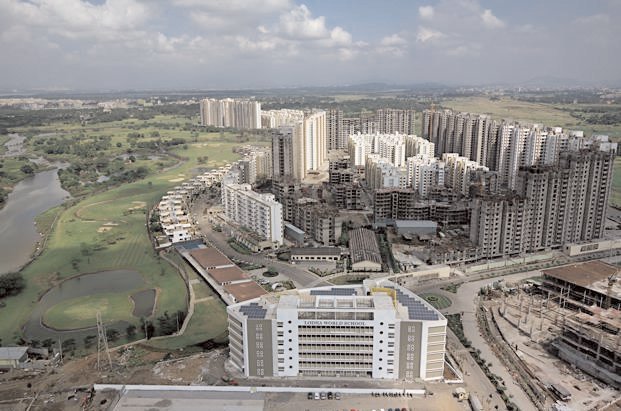
MUMBAI (TIP): The demand for cement in southern region is expected to rise by 5-7 per cent in FY’15 as compared to 1 per cent year-on-year growth in FY’14, a report said. Cement plant utilisation trend in southern states is expected to pick up in the current fiscal as compared with the previous year, and overall demand in the region should go up by 5-7 per cent in FY 2014-15, as against 1 per cent year-on-year growth a year ago, Karvy Broking said in its report. This along with limited capacity expansion in south should boost plant utilisation in the region, Karvy Broking Analyst Rajesh Kumar Ravi said.
Among southern states, Andhra Pradesh market demand is 21 million tonnes per annum and it is expected to grow at 10-12 per cent this fiscal, as against 6 per cent yo- y in the previous financial year. The demand in Tamil Nadu is 20 million tonnes per annum and is expected to grow at 4-5 per cent in FY’15, as compared to 4 per cent decline in the previous year. Karnataka’s demand stands at 16 million tonnes per annum and is likely to increase by 3-5 per cent in FY’15.
The cement demand in Kerala is 10 million tonnes per annum and expected to grow at 8-10 per cent in the current financial year, as compared with 5 per cent growth a year ago. The expert highlighted that demand recovery in the southern region initially will be from infrastructure projects as political stability has set in the Andhra Pradesh region. Both pending and new infrastructure projects in AP (combined) should boost double digit demand growth in the state. Post the bifurcation of the AP, Vizag, Vijayawada and Tirupati would emerge as key cities, Ravi said. He expects Vizag to emerge as the main hub while Vijayawada and Tirupati would become commercial and IT hubs respectively. These should boost cement demand from pick up in both housing and infrastructure activities in these regions.




Be the first to comment